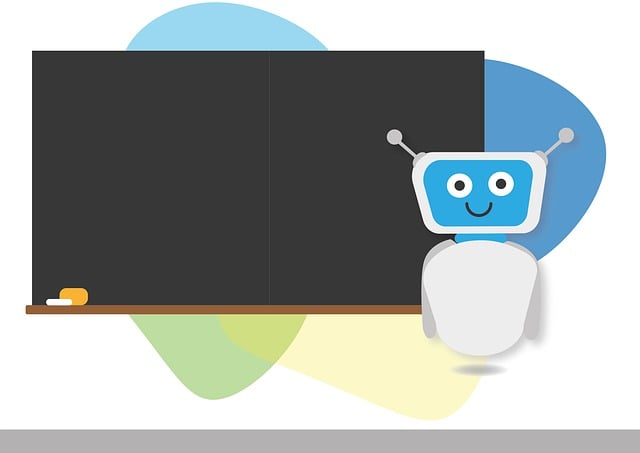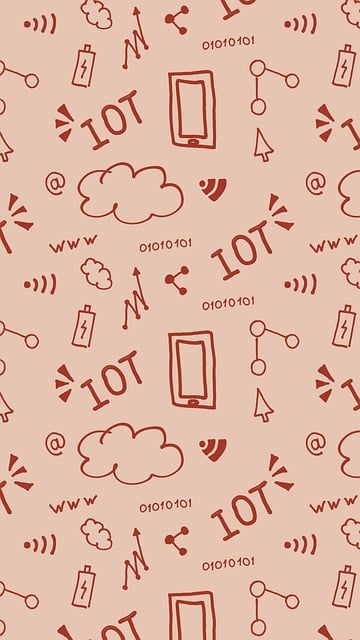AI chatbots and assistants are revolutionizing customer service by providing 24/7 availability, instant responses, and personalized experiences. They handle basic to complex queries efficiently, freeing human agents to focus on intricate issues. Benefits include improved user satisfaction, enhanced operational efficiency, and better resource allocation. However, challenges like data privacy, bias in training data, and maintaining a balance between automation and human intervention must be addressed. AI-driven customer service augments human capabilities, fostering harmonious coexistence where assistants elevate human potential.
Conversational AI is reshaping the way we interact with technology, particularly in customer service. The rise of AI chatbots and assistants has transformed how businesses engage with their customers, offering 24/7 support and personalized experiences. This article delves into the impact of these technologies on customer service, explores their revolutionizing effects on daily interactions, and examines the benefits and challenges of implementation. We also look ahead to the future of human-AI collaboration in technology spaces.
- The Rise of AI Chatbots and Their Impact on Customer Service
- How AI Assistants Are Revolutionizing Daily Interactions
- Benefits and Challenges: Implementing AI in Customer Service Scenarios
- The Future of Human-AI Collaboration in Technology Spaces
The Rise of AI Chatbots and Their Impact on Customer Service

The rise of AI chatbots has fundamentally transformed how businesses interact with their customers, marking a significant shift from traditional customer service models. These intelligent assistants, powered by advanced natural language processing (NLP), can handle a wide range of inquiries, from simple FAQs to complex problem-solving, 24/7 without fatigue. Their conversational interface feels natural and human-like, enhancing the user experience and boosting customer satisfaction.
AI chatbots are revolutionizing customer service by not only reducing response times but also enabling agents to focus on more complex issues. They can efficiently route basic queries, freeing up human resources to address unique or nuanced concerns. This level of automation not only improves operational efficiency but also allows businesses to provide personalized and timely assistance at scale.
How AI Assistants Are Revolutionizing Daily Interactions

AI chatbots and assistants are rapidly transforming how we interact with technology on a daily basis. These intelligent tools, powered by advanced natural language processing (NLP) algorithms, can understand and respond to human queries in a remarkably human-like manner. From answering simple questions to performing complex tasks, AI assistants are becoming an integral part of our digital lives. They offer 24/7 availability, instant responses, and personalized experiences that traditional customer service methods struggle to match.
In the realm of customer service, AI chatbots are revolutionizing interactions by handling a multitude of tasks, from basic inquiries to troubleshooting and even sales. They can process vast amounts of data in real-time, providing accurate and contextually relevant information. This not only enhances user satisfaction but also allows human agents to focus on more complex issues, thereby improving overall efficiency. Moreover, AI assistants are constantly learning and evolving, leveraging customer interactions to refine their capabilities and provide better service over time.
Benefits and Challenges: Implementing AI in Customer Service Scenarios

Implementing AI in customer service scenarios offers significant advantages for businesses and consumers alike. AI chatbots and assistants can provide 24/7 availability, instant responses to simple queries, and personalized experiences tailored to individual user needs. They excel at handling high volumes of basic customer inquiries, allowing human agents to focus on more complex issues that require empathy and critical thinking. This efficient allocation of resources enhances overall customer satisfaction.
However, challenges exist when integrating AI into customer service. Ensuring the accuracy and reliability of AI systems is paramount. Mistakes or misunderstandings can lead to poor user experiences. Data privacy and security are also crucial concerns, especially with sensitive customer information. Bias in training data may result in unfair or discriminatory outcomes. Moreover, maintaining a balance between automation and human intervention is essential to prevent customers from feeling dehumanized during their interactions with AI technology.
The Future of Human-AI Collaboration in Technology Spaces

In the evolving landscape of technology, the future of human-AI collaboration promises to redefine interactions in profound ways. As AI chatbots and assistants become increasingly sophisticated, they are poised to augment human capabilities rather than replace them. Imagine a world where AI Customer Service agents, powered by advanced natural language processing, handle routine inquiries with efficiency while allowing human experts to focus on complex problem-solving and creative tasks.
This symbiotic relationship fosters enhanced productivity, better resource allocation, and improved user experiences. With AI taking care of mundane tasks, humans can leverage their unique emotional intelligence, creativity, and critical thinking skills to drive innovation and provide personalized support. The future of tech interactions is not about man versus machine but rather a harmonious coexistence where AI assistants elevate human potential.






